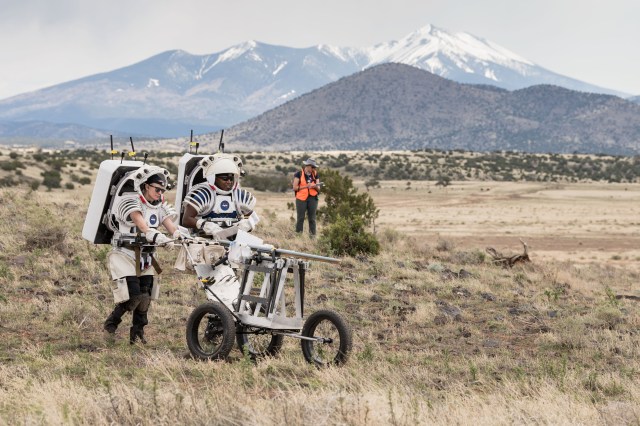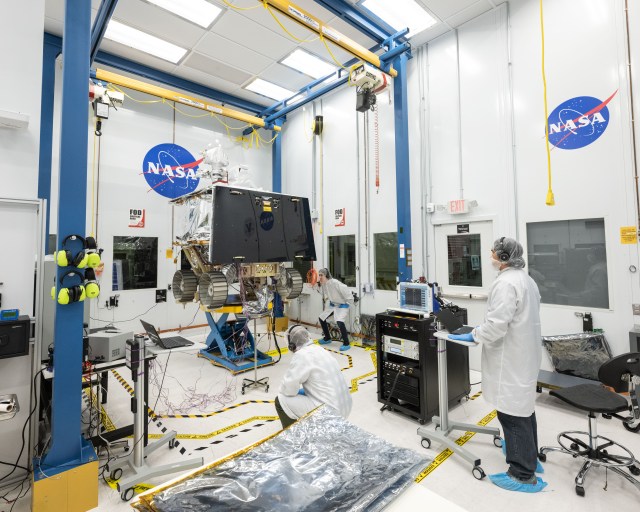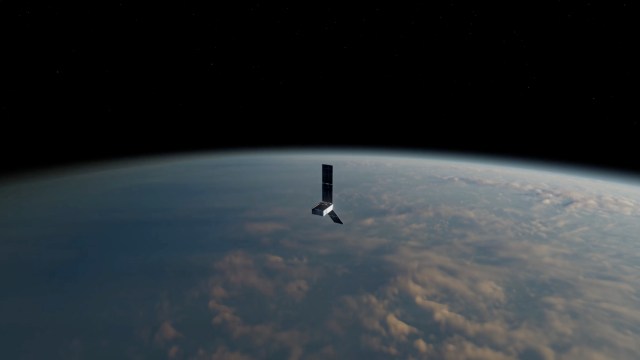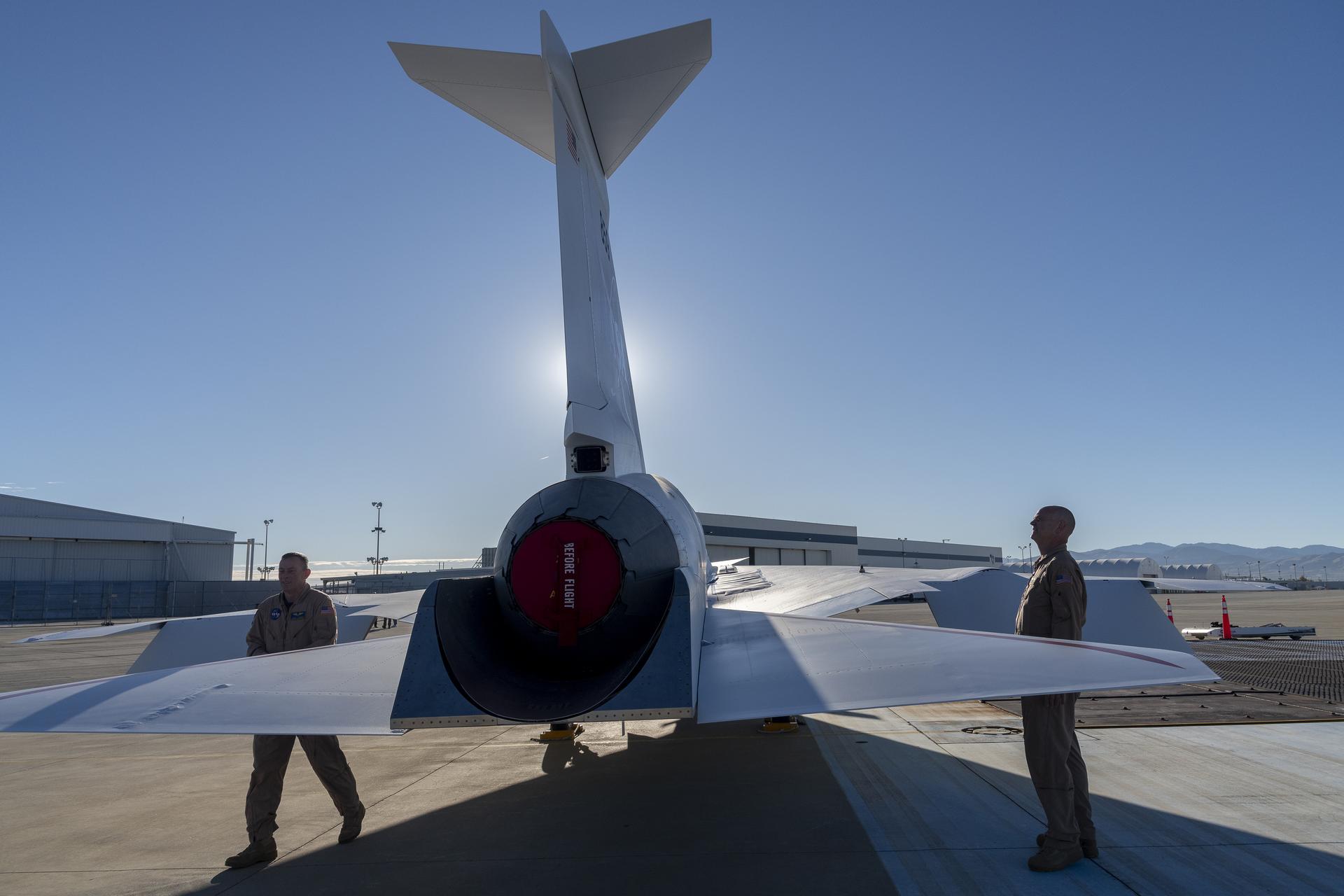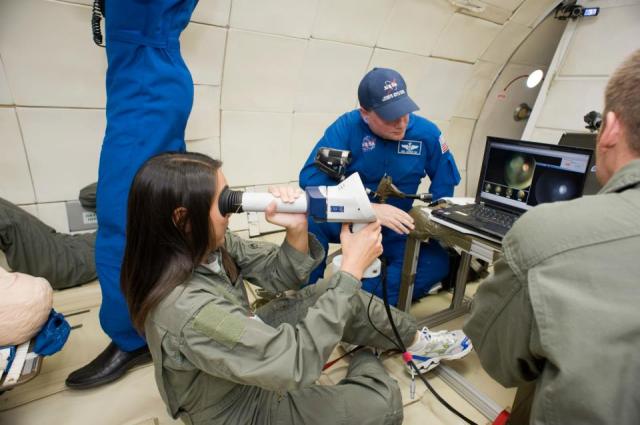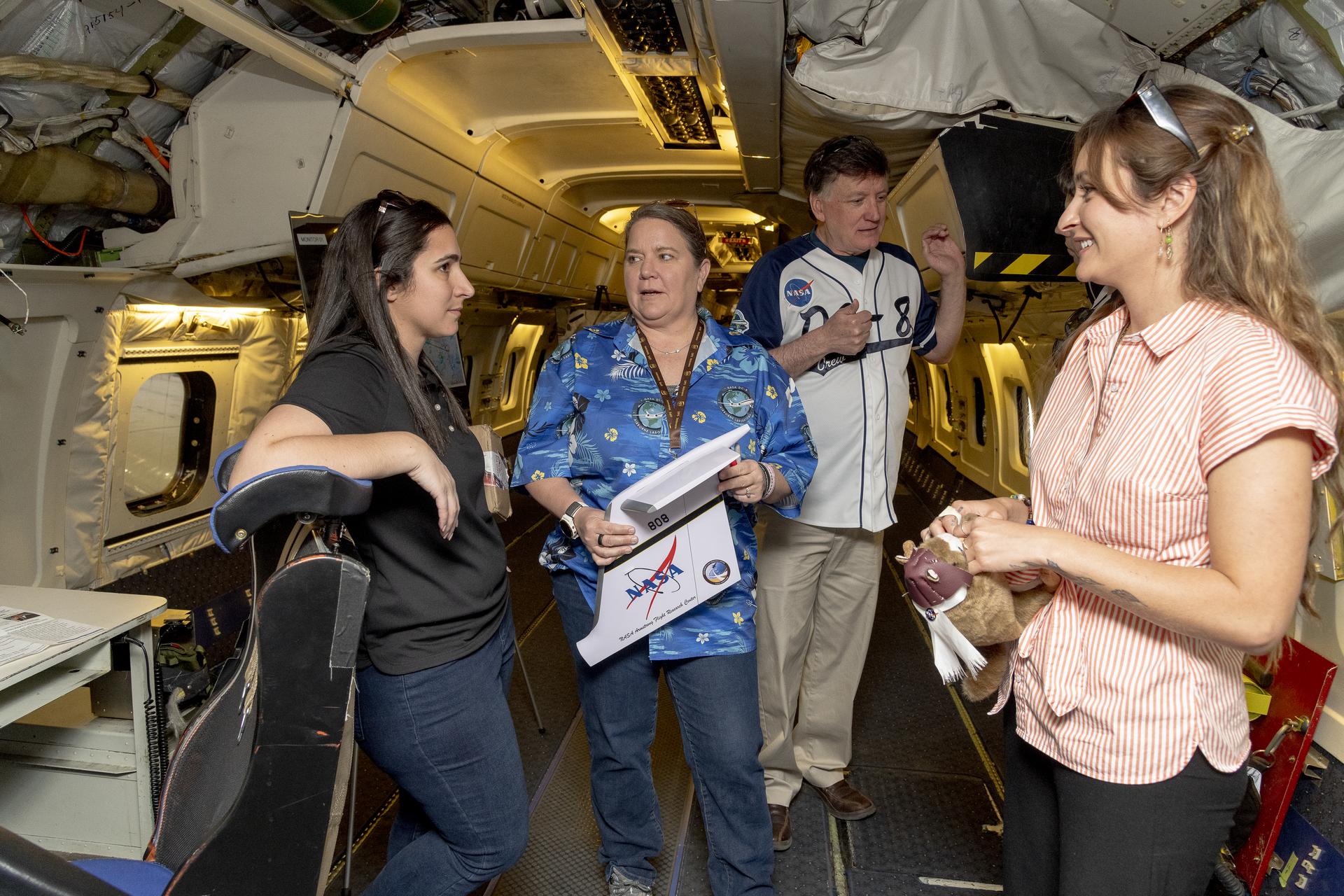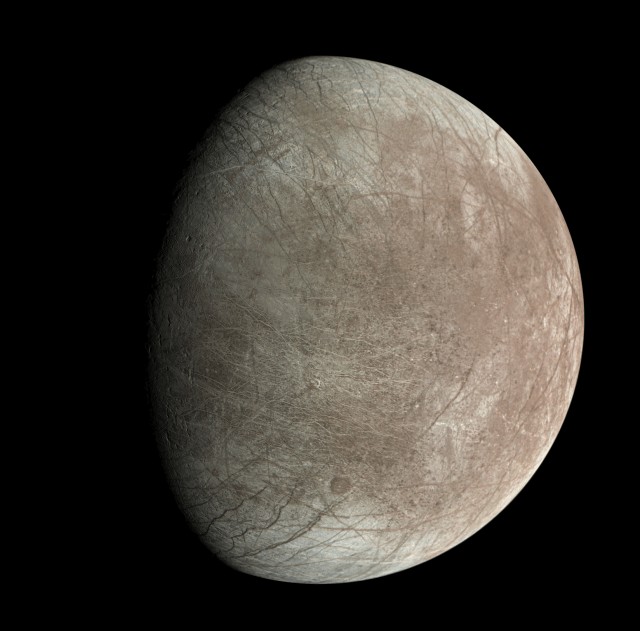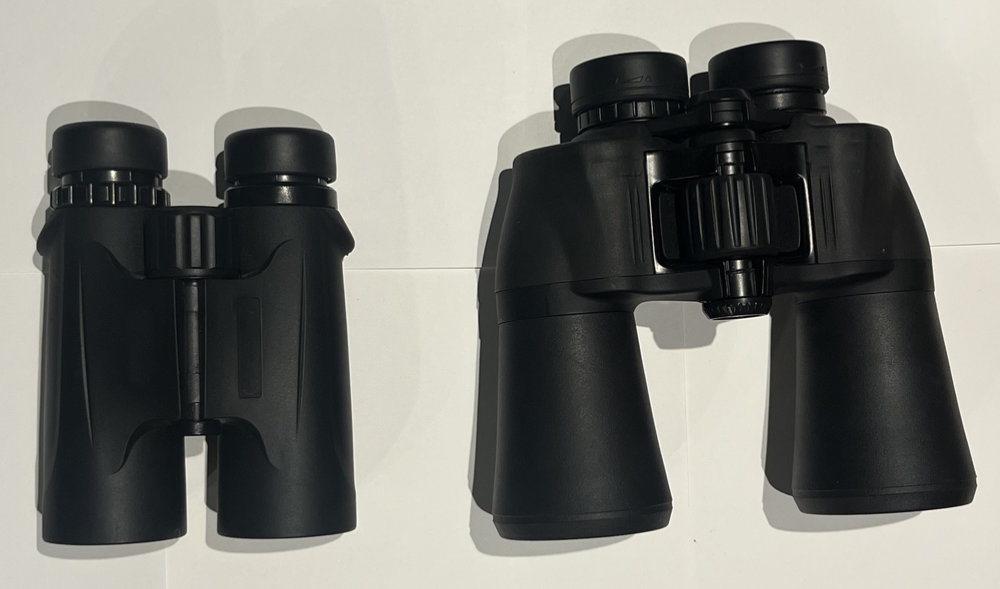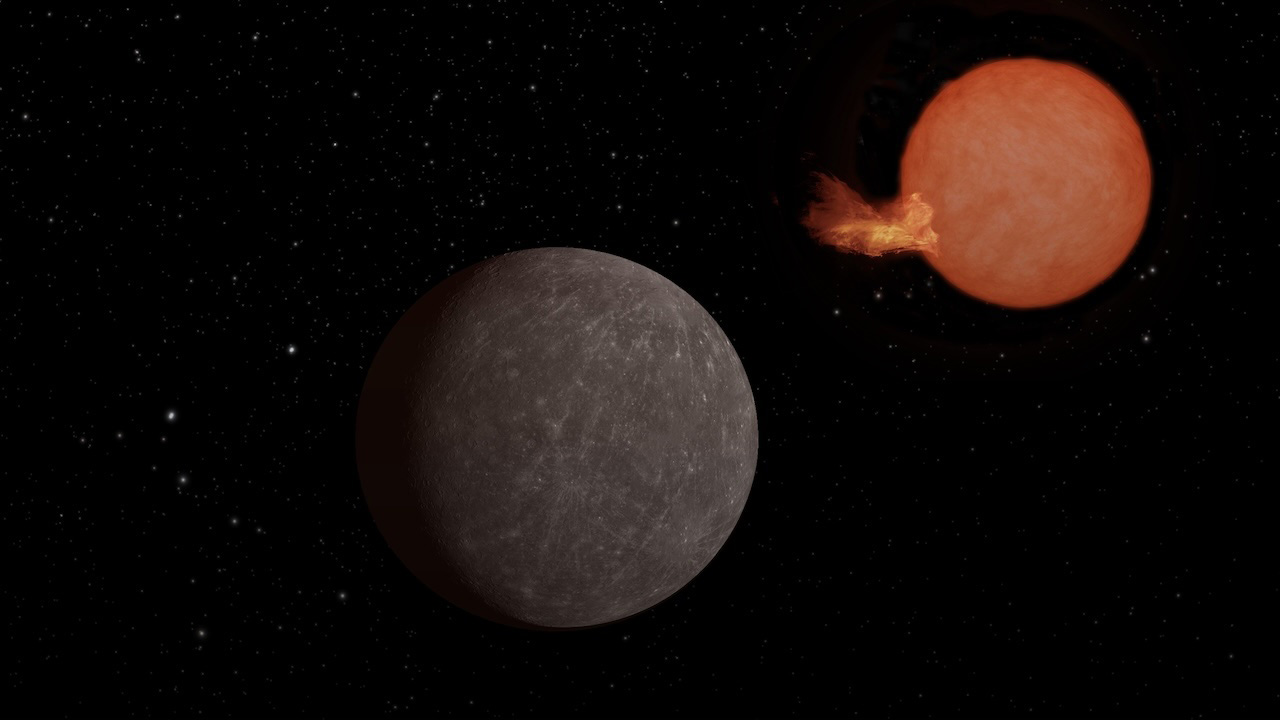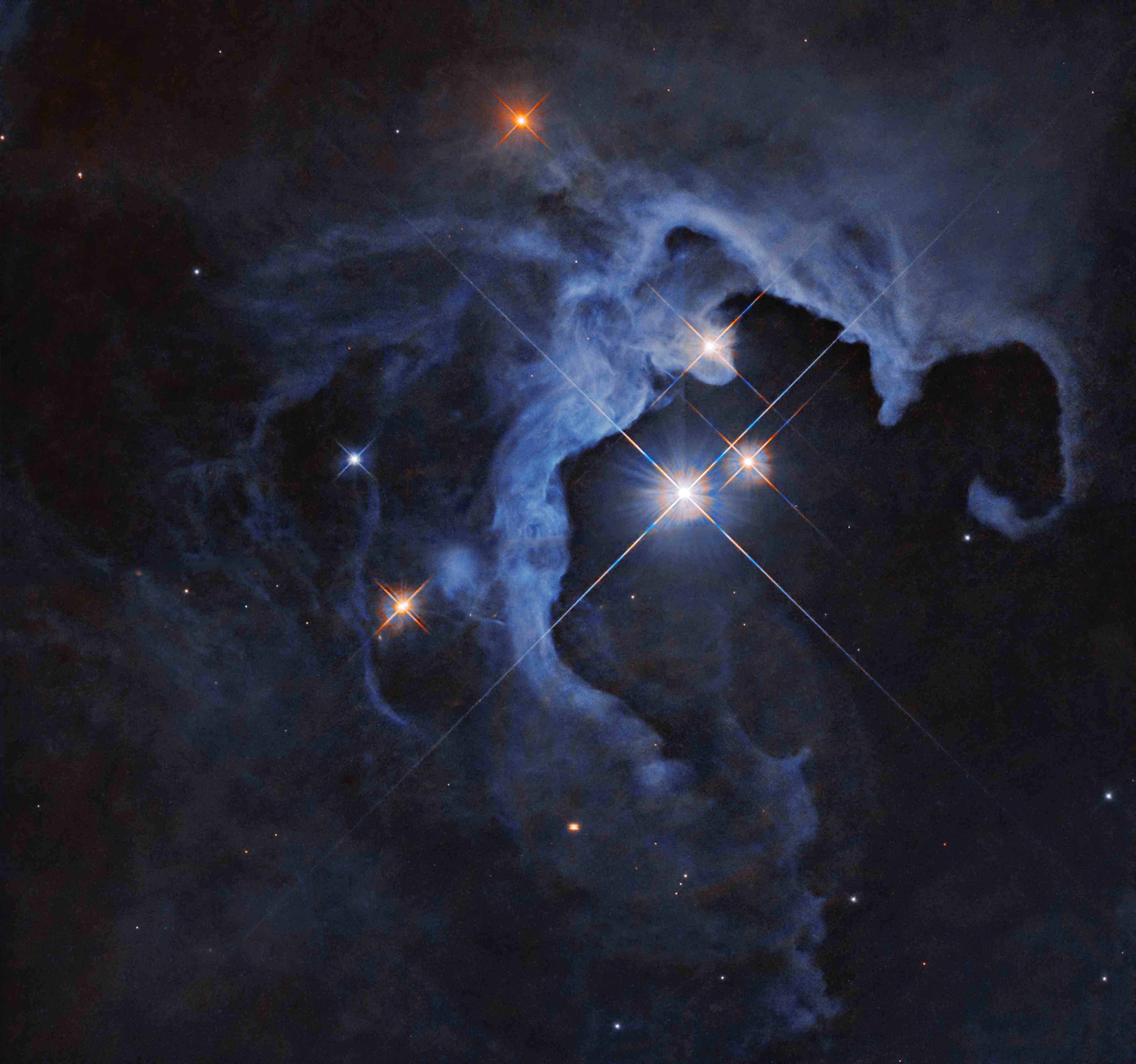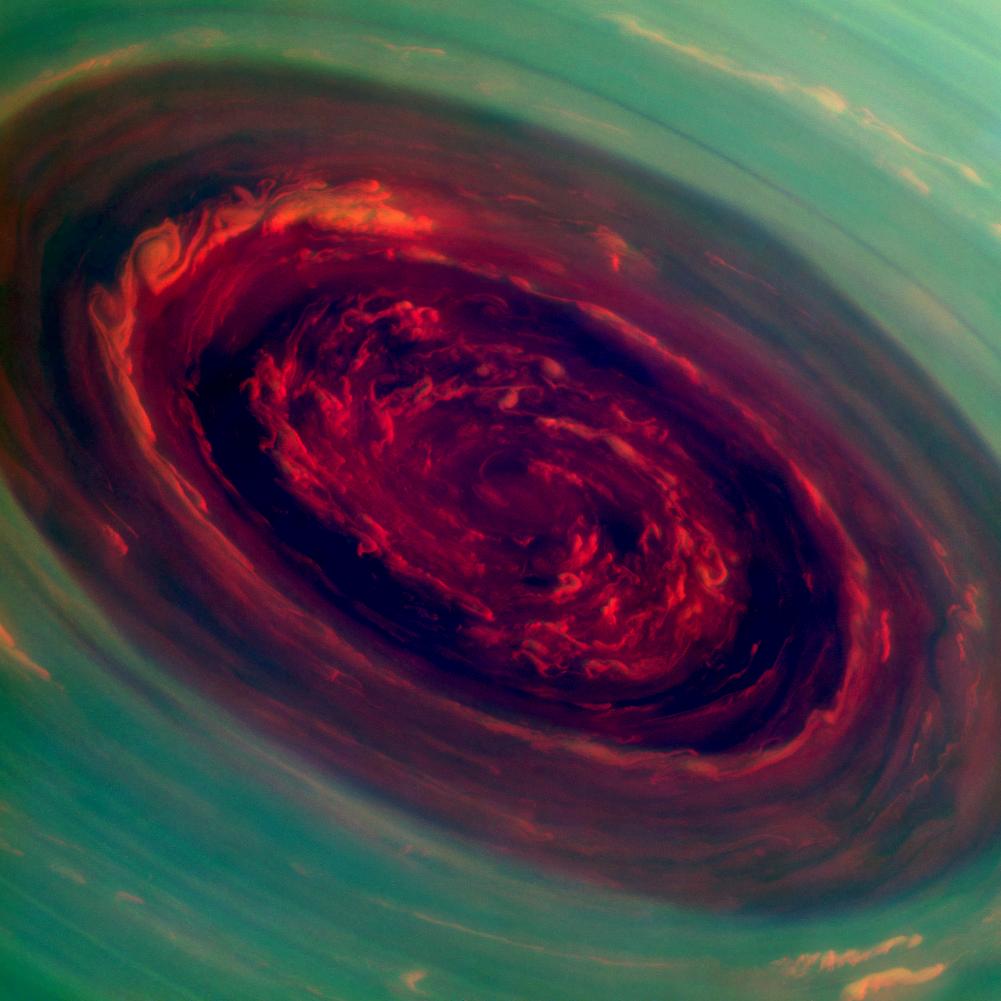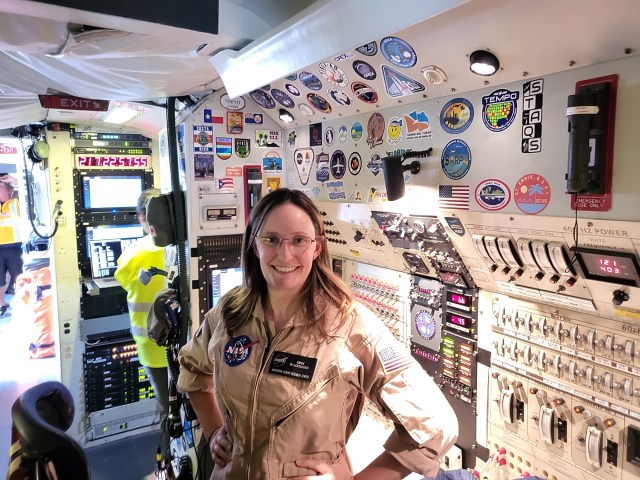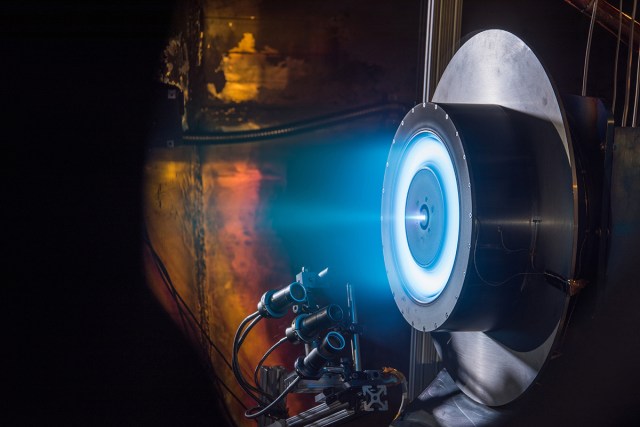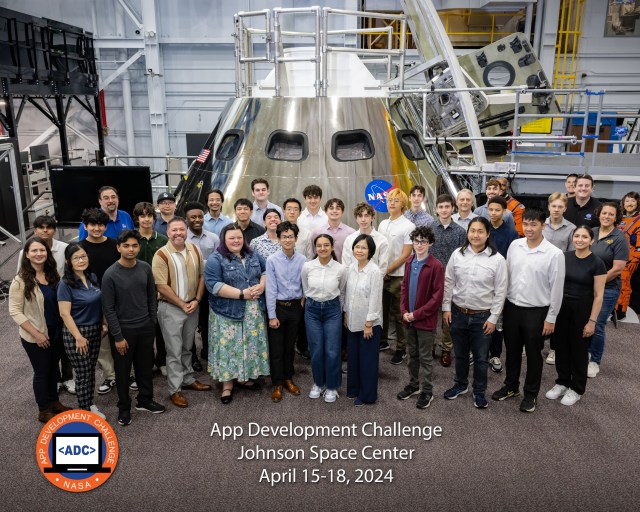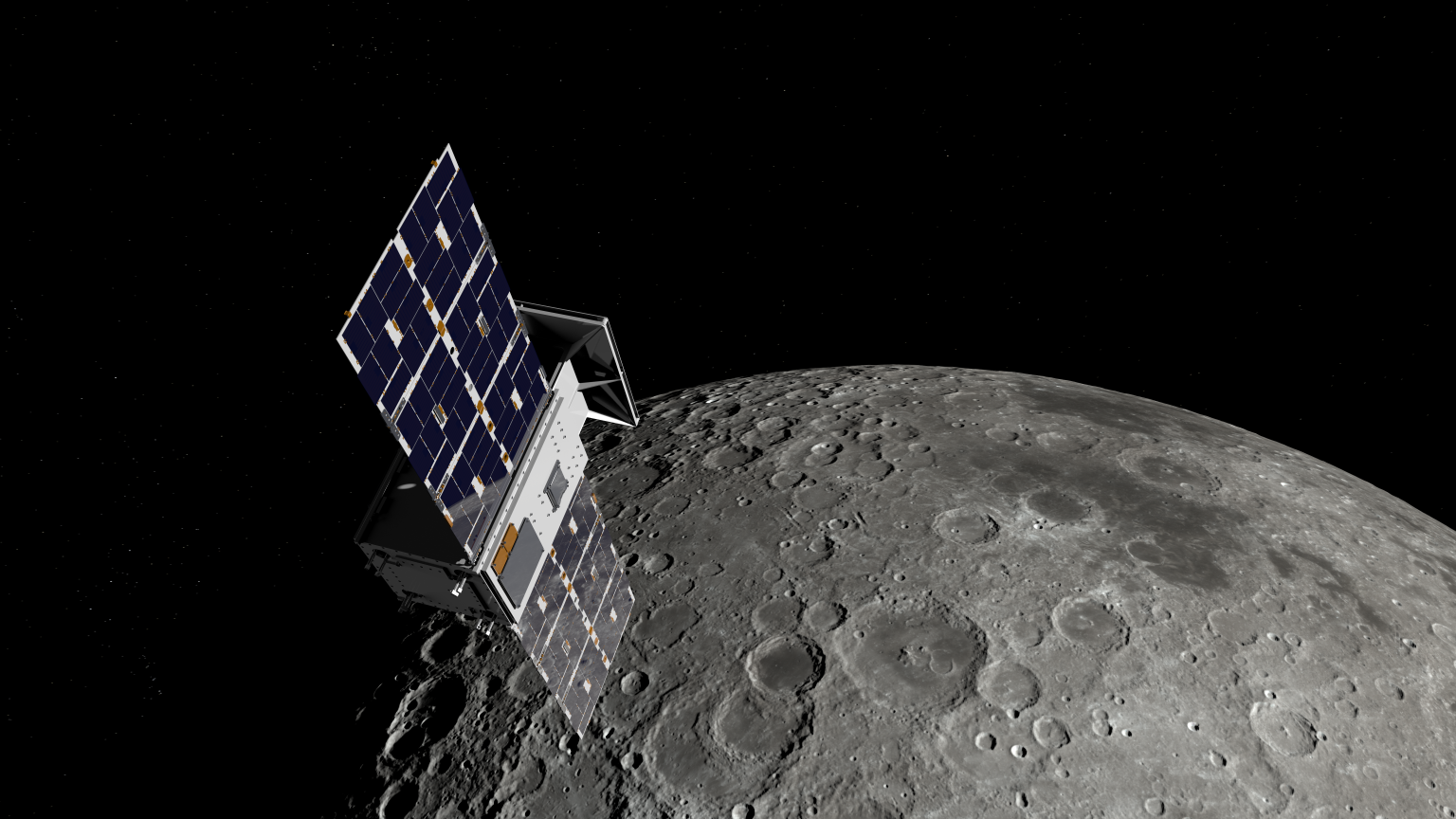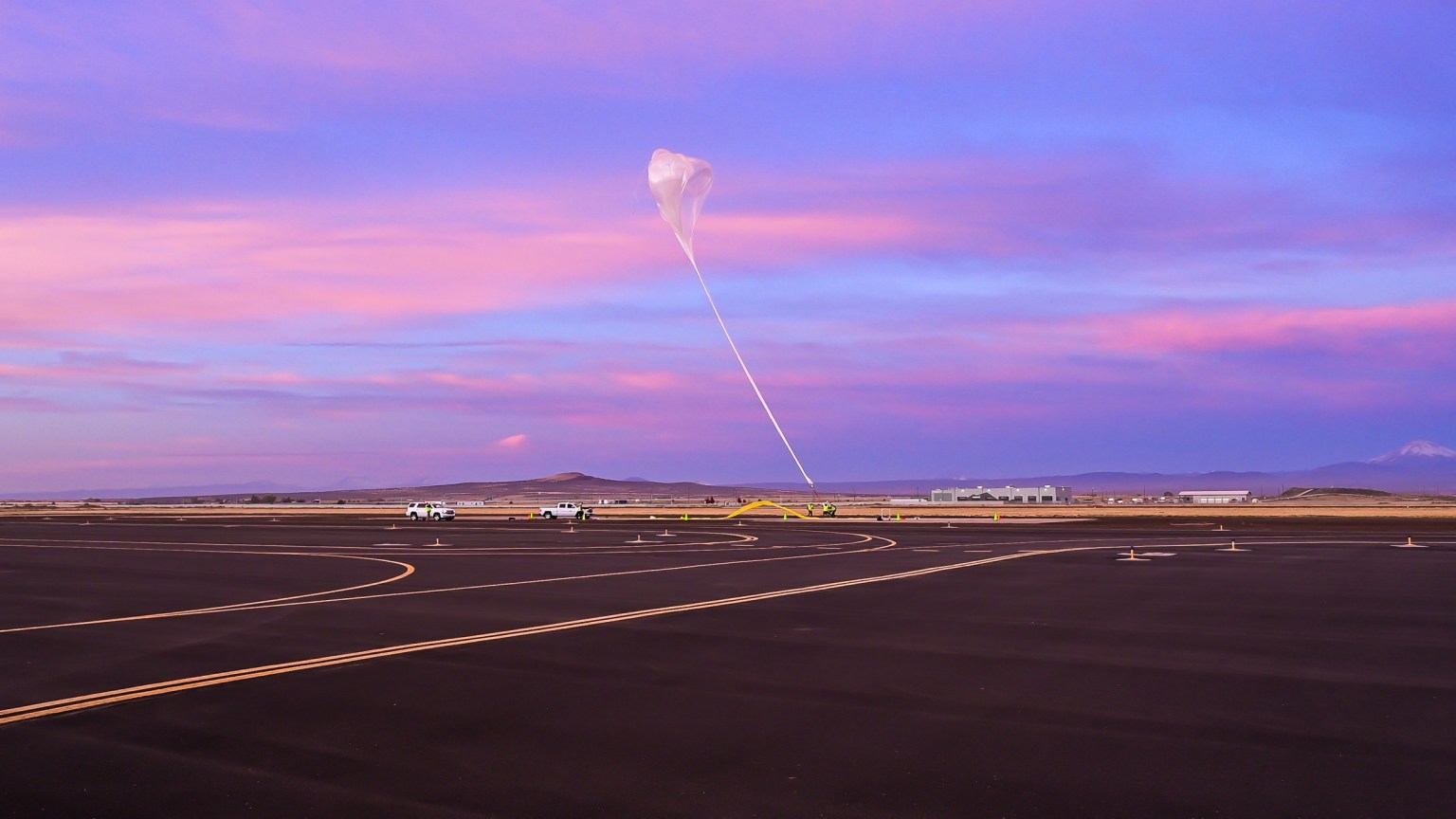Small Spacecraft Activities Around the Agency Archive
Highlights for March 2023
NASA’s Ames Research Center
Small Spacecraft Technology Program
NASA’s Lunar Flashlight mission successfully launched on December 11, 2022 to begin a four-month journey to the Moon. Launched on a SpaceX Falcon 9 rocket as a rideshare with ispace’s HAKUTO-R Mission 1, Lunar Flashlight will use a reflectometer equipped with four lasers that emit near-infrared light in wavelengths absorbed by surface water ice. Lunar Flashlight is managed for NASA by JPL, a division of Caltech in Pasadena, California and is funded by the Small Spacecraft Technology program within NASA’s Space Technology Mission Directorate.
NASA’s Goddard Space Flight Center / Wallops Flight Facility
NASA’s Goddard Space Flight Center’s BurstCube, a 6U CubeSat mission led by Principal Investigator Dr. Jeremy Perkins, held their Pre-Environmental Review in February 2023. Integration and test campaign is on-going and planned for delivery later this year. BurstCube is an astrophysics mission with a primary goal to detect and characterize short Gamma-Ray Bursts (sGRBs) that are counterparts of gravitational wave sources. In addition to BurstCube, Goddard is also working on delivering the SigNals of Opportunity: P-band Investigation (SNOOPI), GTOSat and Dione missions.
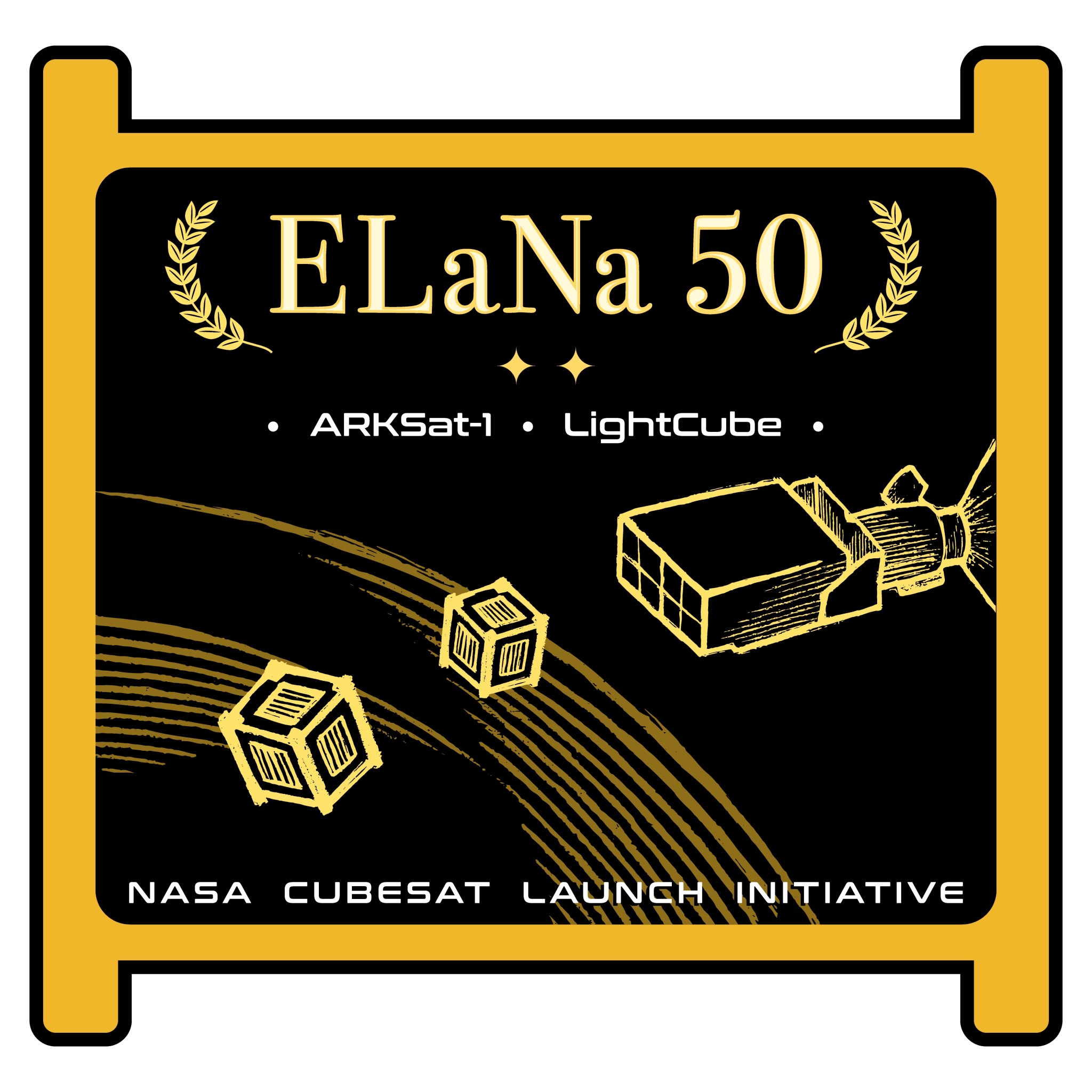
NASA’s Kennedy Space Center / CubeSat Launch Initiative
Since the last quarterly update, the Launch Services Program (LSP) facilitated the launch of two additional CubeSat Launch Initiative (CSLI) selected CubeSats on the Educational Launch of Nanosatellites (ELaNa) 50 / Commercial Resupply Service SpaceX-27. The International Space Station crew will use the Japanese laboratory module’s airlock and robotic arm to deploy the CubeSats via the Nanoracks CubeSat Deployer system, starting their individual missions. The ELaNa 50 CubeSats come from two United States universities: ARKSAT-1 from the University of Arkansas and LightCube from Arizona State University. ARKSAT-1 is the first CSLI-selected CubeSat from the state of Arkansas. Since the initiative began, CSLI has launched 157 CubeSats. CSLI participants (past and present) represent 43 US States, the District of Columbia, and Puerto Rico.

